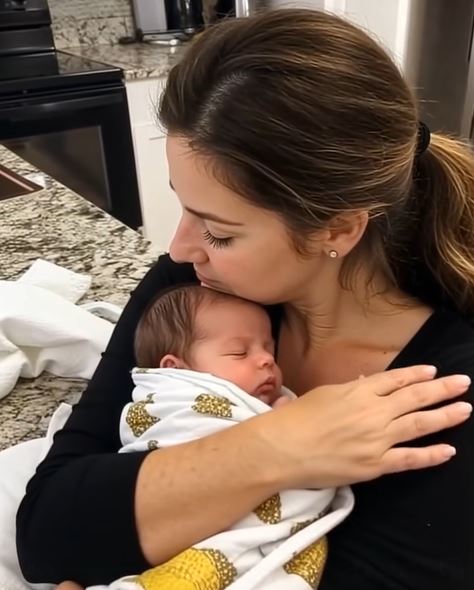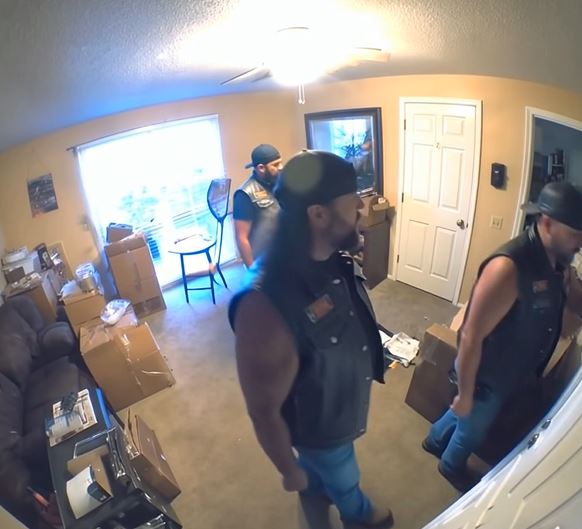Motherhood introduced me to a new kind of love, but it also ushered in a season of profound invisibility. While I was consumed with the needs of our newborn, the world in my own home seemed to move on without me. My mother-in-law’s well-intentioned help had created a bustling social hub, leaving me on the sidelines, my hunger and exhaustion a silent, unacknowledged burden. I was physically present but felt completely unseen by my partner, the one person I needed to see me the most.
The moment I discovered there was no dinner saved for me after a long evening with our baby was a symbolic final straw. It crystallized all my feelings of being forgotten. The argument that followed with my husband was less about the food and more about fundamental recognition. His inability to grasp why this was so devastating highlighted a painful gap in our new dynamic as parents. Leaving for my mother’s house was an act of self-preservation, a necessary step to create space for my voice to be heard away from the chaos.
The healing began when I involved my father-in-law. His perspective was a game-changer. He approached the situation not as a family dispute, but as a lesson in empathy and active support. He helped my husband understand that love in parenthood is demonstrated through anticipatory acts—like saving a plate of food—that say “I am thinking of you.” He didn’t place blame but instead illuminated a path forward built on mindfulness and practical care.
This experience became a pivotal turning point in our marriage and family life. My husband’s apology was followed by a sustained change in behavior; he learned to read my needs and share the mental load of parenting. My mother-in-law recalibrated her support to be more respectful of our space. We learned that the foundation of a family isn’t just the love for a new child, but the conscious, daily effort to nurture the partnership that created it. It taught us that true partnership means ensuring neither person ever feels like an afterthought in their own story.


